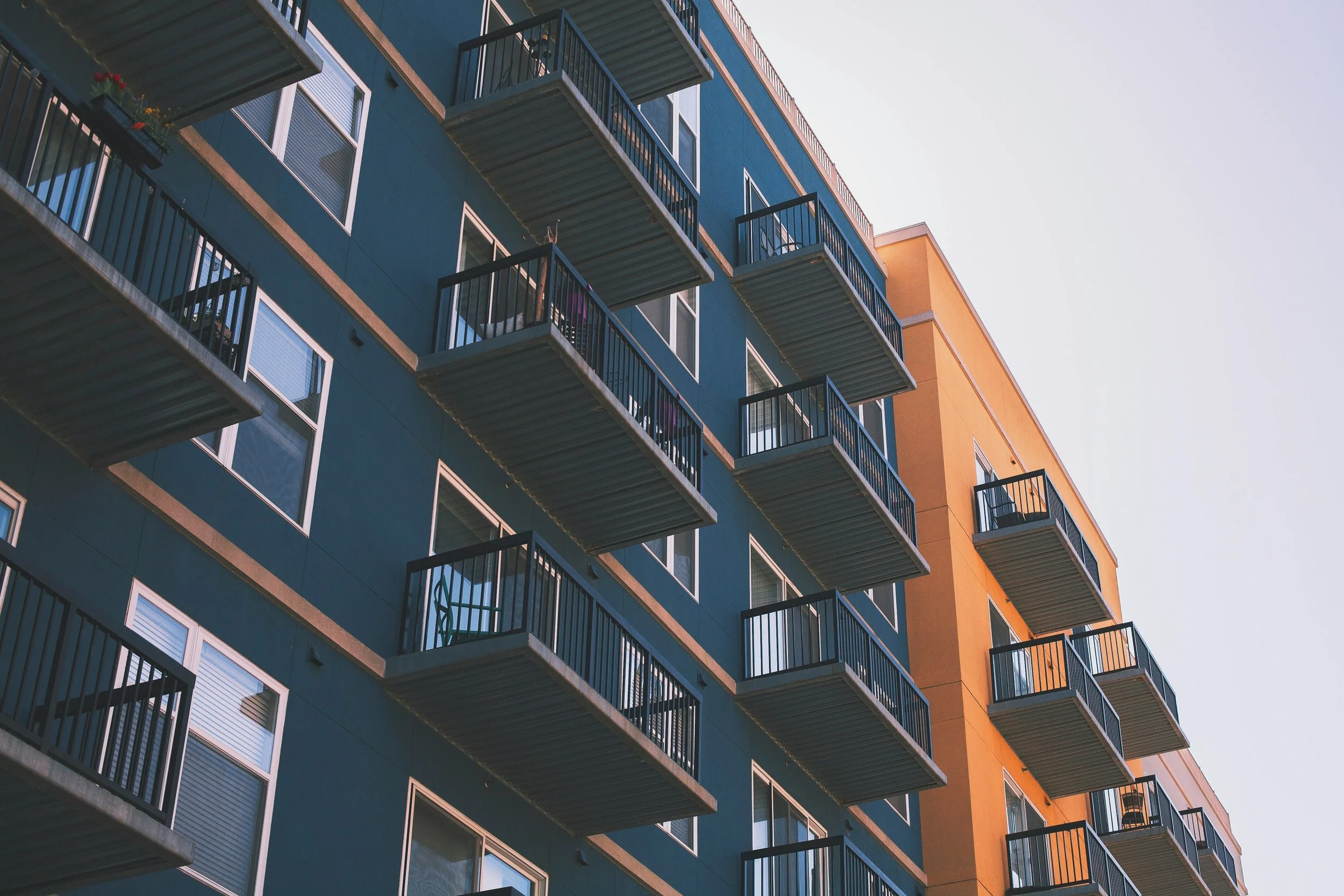Property Compliance Checklist for Building Owners
As the owner of any building it is important to ensure that you comply with all of the regulations and standards. It is a crucial aspect of maintaining the safety, integrity, and value of your property. From structural requirements to fire safety measures, there are numerous aspects to consider when it comes to property compliance. There are companies that can provide assistance with these compliance checks, such as electrical compliance, as well as a wide range of other surveying services.
To help you stay on top of your responsibilities, we've compiled a comprehensive property compliance checklist covering essential areas that every building owner should prioritize.
Structural Integrity:
First and foremost, it's essential to ensure that your building's structure is sound and meets all relevant codes and standards.
Be sure to have qualified structural engineers conduct regular inspections as this will help identify any issues or weaknesses that need to be addressed.
This includes checking for signs of deterioration, such as cracks or sagging, as well as assessing the integrity of load-bearing walls, beams, and foundations.
Building Codes and Regulations:
Familiarize yourself with all of the local building codes, zoning regulations, and other legal requirements that may apply to your property.
These regulations dictate everything from the maximum occupancy of your building to the types of materials that can be used in construction.
Stay updated on any changes or updates to these regulations and ensure that your property remains in compliance at all times.
Fire Safety Measures:
Fire safety is a critical aspect of property compliance that should never be overlooked.
Be sure to install and maintain fire detection and suppression systems, including smoke detectors, fire alarms, and sprinkler systems, as required by local building codes.
In multi-storey buildings, attention should also be given to the protection and accessibility of fixed firefighting infrastructure, such as dry riser systems housed within fire-rated enclosures. For those responsible for specifying or upgrading these components, reviewing a dedicated dry riser door product page can help ensure the selected doors meet fire-rating, durability, and regulatory requirements.
Conduct regular fire drills and ensure that all occupants are familiar with evacuation procedures and emergency exits. Additionally, keep fire extinguishers readily accessible and ensure they are inspected and serviced regularly.
Equally important is staying updated with national fire safety regulations to guarantee full compliance and enhance occupant safety. For example, in the UK, the BS 9991:2024 update introduces new guidelines for residential buildings, emphasizing evacuation lifts, sprinkler systems, and smoke control measures.
Ultimately, by diligently following these measures, property owners can significantly reduce fire risks and better protect both lives and assets.
Accessibility Standards:
Ensure that your property complies with accessibility standards to accommodate individuals with disabilities. This includes providing accessible entrances, ramps, and parking spaces, as well as ensuring that interior spaces are barrier-free and equipped with features such as grab bars and wheelchair-accessible bathrooms.
Familiarize yourself with the Americans with Disabilities Act (ADA) requirements and make any necessary modifications to ensure compliance.
Electrical Safety:
Electrical safety is incredibly important when it comes to preventing fires, shocks, and other hazards.
Schedule regular inspections of your property's electrical systems by qualified electricians to identify and address any issues.
Ensure that all wiring, outlets, and appliances meet safety standards and are properly maintained. Install ground fault circuit interrupters (GFCIs) in areas prone to moisture, such as bathrooms and kitchens, to reduce the risk of electrical shocks.
Plumbing and Water Systems:
Maintain your property's plumbing and water systems to prevent problems like leaks, water damage, and contamination.
Regular inspections of pipes, fixtures, and water heaters to check for signs of corrosion or deterioration, will allow you to spot any issues quickly and repair or replace any damaged components promptly.
Ensure that backflow prevention devices are installed and tested to prevent the contamination of potable water sources. If water sources are not potable, include signage to alert users.
Additionally and in line with the item below, monitor water usage and implement water conservation measures where possible to reduce waste and promote sustainability.
Environmental Compliance:
Comply with environmental regulations and standards to minimize your property's impact on the environment.
This includes having processes and systems in place to ensure proper waste management practices, recycling initiatives, and the safe handling and disposal of hazardous materials.
Stay informed about environmental laws and regulations that apply to your property, and take proactive measures to reduce pollution, conserve natural resources, and promote environmental sustainability.
Occupancy and Tenant Regulations:
If you rent your property out to tenants, you need to ensure that you comply with landlord-tenant laws and regulations. Familiarize yourself with local rental rules and regulations, lease agreements, and tenant rights to avoid legal disputes and to ensure that you can retain tenants for longe periods (both ultimately saving you time and money).
Maintain accurate records of rental payments, repairs, and communication with tenants to demonstrate compliance with legal requirements.
Insurance Coverage:
Ensure that your property is will insured to protect you against unforeseen events such as natural disasters, accidents, and liability claims.
Review your insurance policies regularly to ensure they provide sufficient coverage for your specific needs and to be sure that they comply with any requirements set forth by lenders or regulatory agencies.
Consider consulting with an insurance agent or risk management professional to assess your coverage options and identify any gaps or deficiencies.
Regular Inspections and Maintenance:
Lastly, implement a proactive maintenance program to keep your property in optimal condition and address any issues before they get out of control.
Conduct regular inspections of all systems, components, and common areas, and schedule routine maintenance tasks such as cleaning, repairs, and equipment servicing. And, be sure to keep detailed records of inspections, maintenance activities, and repairs to demonstrate compliance with regulatory requirements and ensure the long-term integrity of your property.
Maintaining compliance with various regulations and standards is essential for building owners to protect the safety, integrity, and value of their properties. By following this comprehensive property compliance checklist and staying informed about relevant laws and requirements, you can ensure that your property remains in compliance and meets the highest standards of safety and quality. Remember that compliance is an ongoing process that requires diligence, attention to detail, and a commitment to excellence.




